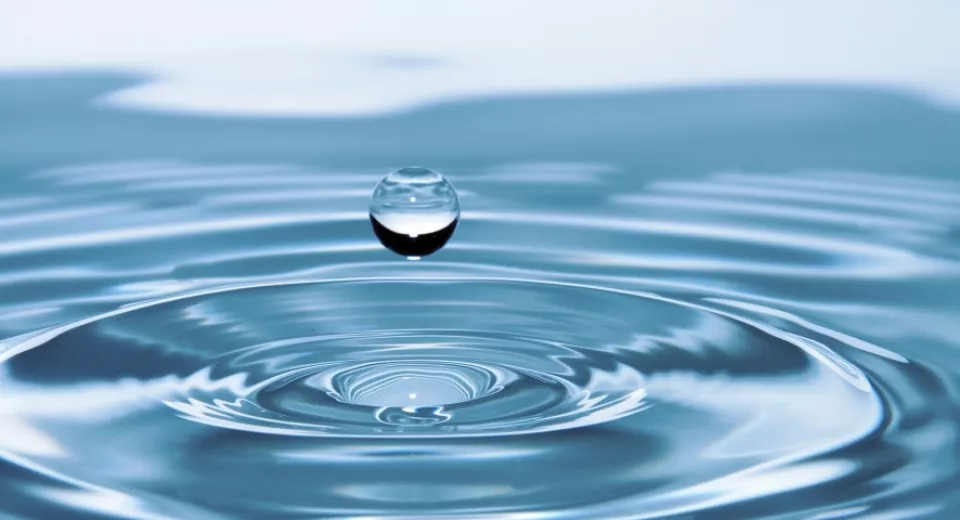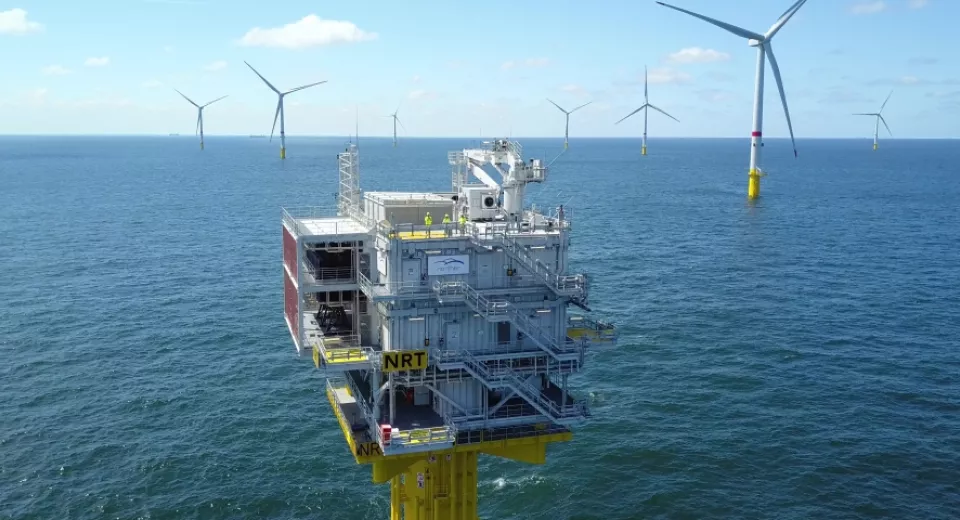CORDOBA project kicks off
Federal Minister of Energy Tinne Van der Straeten will have a feasibility study carried out within this regard for the construction of an underwater electric interconnector between Belgium and Denmark. Elia has also announced a new hybrid interconnector with the UK.
Hybrid interconnectors make a connection with (offshore) renewable energy and other countries. Such connections are very important to the Belgian energy transition, as they provide access to new markets and additional renewable energy sources.
There are still a number of challenges to be overcome to make the installation of underwater electric interconnectors possible in an inexpensive, holistic and sustainable way. For this reason, Blue Cluster and Flux50 are facilitating the intercluster project CORDOBA.

Context
The further development of offshore wind farms is a crucial part of the European energy transition, which assumes an offshore wind capacity growth to 450 GW in Europe by 2050. This means a factor 20 increase compared to the current installed capacity.
Of course, all that generated electrical energy needs to be brought onshore. This is currently mainly done by direct connections between the individual wind farms and the mainland. However, wind farms are increasing in number and size, and are increasingly connected to each other and other countries.
A more integrated and cross-border approach is needed to make these hybrid offshore connections possible. Through the CORDOBA project, companies such as Elicio, Marlinks, Yuso and Enersynt want to provide supporting decision tools and operational models, in cooperation with EnergyVille/KU Leuven.
Obstacles
Many stakeholders are involved in the realisation of hybrid connections. Moreover, interactions on the energy market are very complex. This increases the risk for potential investors when realising hybrid connections.
Furthermore, current tools to technically design and analyse hybrid connections have proven to be inadequate, because they are based on the current radial direct connections with the mainland. Hybrid connections demonstrate a much higher complexity, and advanced decision tools are currently not or barely used in these connections.

Research questions
In the context of the CORDOBA project, project partners Blue Cluster and Flux50 are working with KU Leuven to look for answers and are tackling this issue in three main areas:
- developing an optimisation model for the design of offshore networks;
- creating a coordinated operational model for hybrid offshore connections;
- creating an investment participation model and a remuneration model.
Finally, the models will be validated in different test cases.
Objective
The CORDOBA project aims to increase the insights into and the knowledge about issues related to offshore hybrid networks and, at the same time, develop the necessary calculation tools and models for the planning and operation of, as well as investments in hybrid offshore systems. This will give industrial partners the opportunity to tap into new markets across the globe.
The project started in January 2021 and the aim is to complete the results of the project by 2023.


